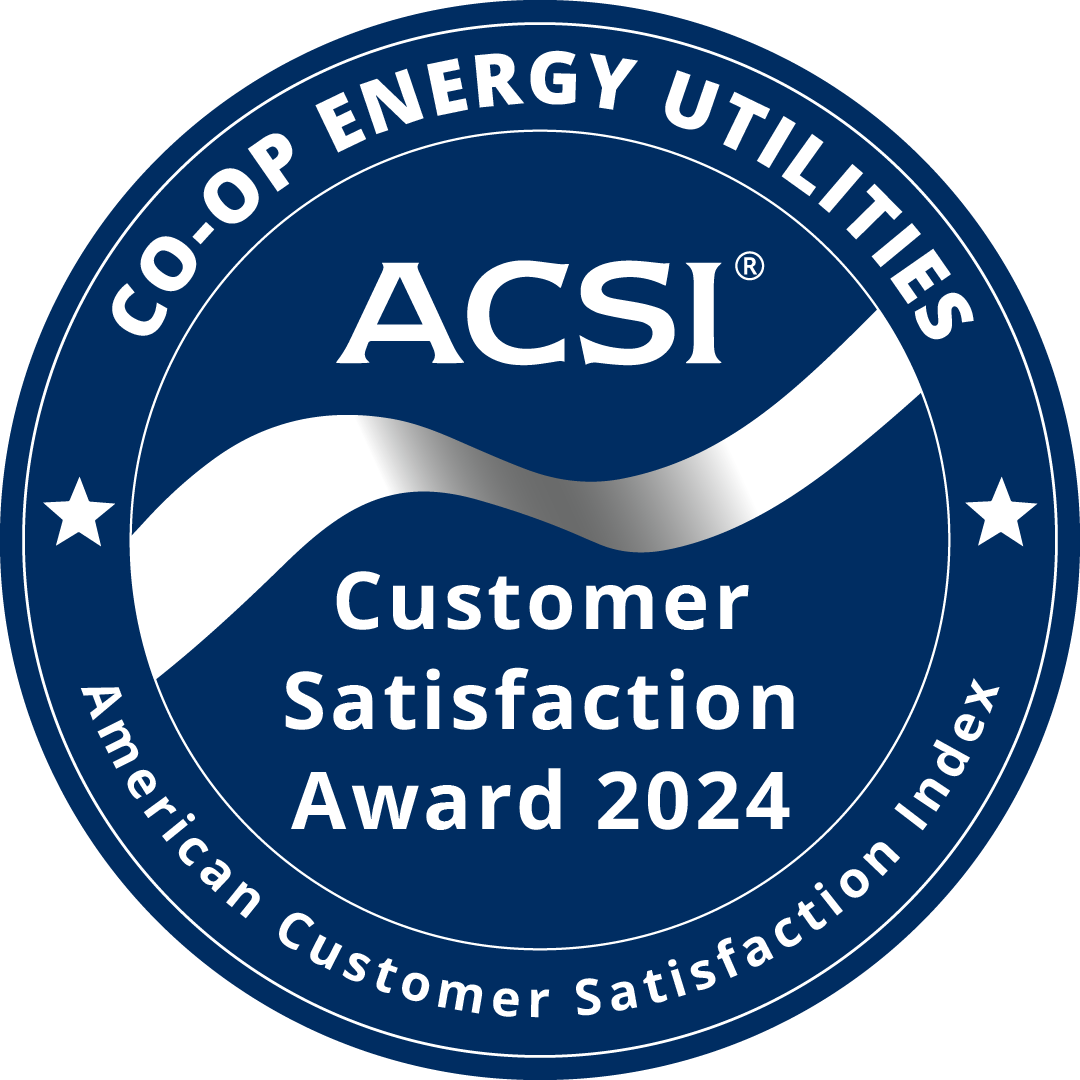If you are experiencing an outage, please call the office at (715) 232-6240 or (800) 924-0630. Operators are available 24/7.
Contact Information
The office is open from 8 a.m. to 4:30 p.m. Monday through Friday. If your matter is urgent, you should call the office at (715) 232-6240.
Should you email us, please know that messages are only received during regular business hours.
DO NOT use email to make payments, payment arrangements, send/update credit card information, or report outages.
Mailing Address:
P.O. Box 220 Menomonie, WI 54751
Location Address:
N5725 600th St. Menomonie, WI 54751
Contact Us
Commonly Asked Questions
The facility charge is your base rate. Whether or not you use any kilowatts each month, there still needs to be transformers, power cables, meters, poles and other facilities. This charge helps cover the cost of maintaining those facilities. The facility charge at a rural electric cooperative is higher than in town because there are fewer meters per mile of line to spread the fixed cost over.
At Dunn Energy Cooperative we operate our own energy conservation program, called Energy Sense. As a local cooperative, the state supported us in developing our own program instead of participating in Focus on Energy. This insures that 100% of the money collected for the program goes back to the members of Dunn Energy. Since its inception, nearly 40% of the funds collected from customers for Focus on Energy have been diverted for uses other than energy conservation.
Capital credits are an allocation made to a member based upon the margins generated by the cooperative in a given year and the amount of energy used. A small percentage of the allocation is paid out as a yearly dividend once the member has been on the system roughly 7 years and the amount is over $5. The other part of the allocation is retained by the cooperative and used for electrical system investments, maintenance and improvements. Retaining this money helps us fund future projects instead of paying out large retirements and charging a higher energy rate.
Dunn Energy bylaws dictate that DEC is to retire a percentage of unpaid capital credits yearly. There are two ways to receive payment on your unpaid capital credits. The first is normal retirement, where you receive a yearly check. This is determined by how much power you’ve consumed each year and the margins generated by the cooperative in that year. The second is upon death of the member. Then the capital credits are dispersed to the spouse or the heirs, depending on how the estate is handled.
The simple answer is: your home and your neighbor's home are different. Each home usage is unique, like a fingerprint.
Factors like what temperature you wash your clothes in, what type and age water heater the home has, and how many people live there are just the start to determining your unique electric fingerprint. From a home with gas appliances and few occupants to homes with all electric appliances and several occupants, there are just too many differences to comapre your bill to your neighbors. You could have two identically built and furnished homes and the simple lifestyle differences between families will cause the bills to differ drastically.
Do you keep your air conditioner temperature at 68-degrees while your neighbor keeps theirs at a more efficient 74-degrees? How about heating? Do you keep it warm enough to wear shorts in the winter while your neighbor expects people to cover up with blankets and wear sweatpants?
Your usage is as individual as you are.
As much as we would like to serve everyone who wanted us, the electric industry is a regulated industry. This means that, unlike other utilities, your provider is the one that currently runs to your home.
The due date on all energy bills is the 20th of each month. You can pay any day before the 20th to avoid finance charges.
No.


